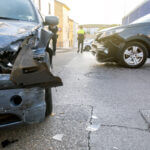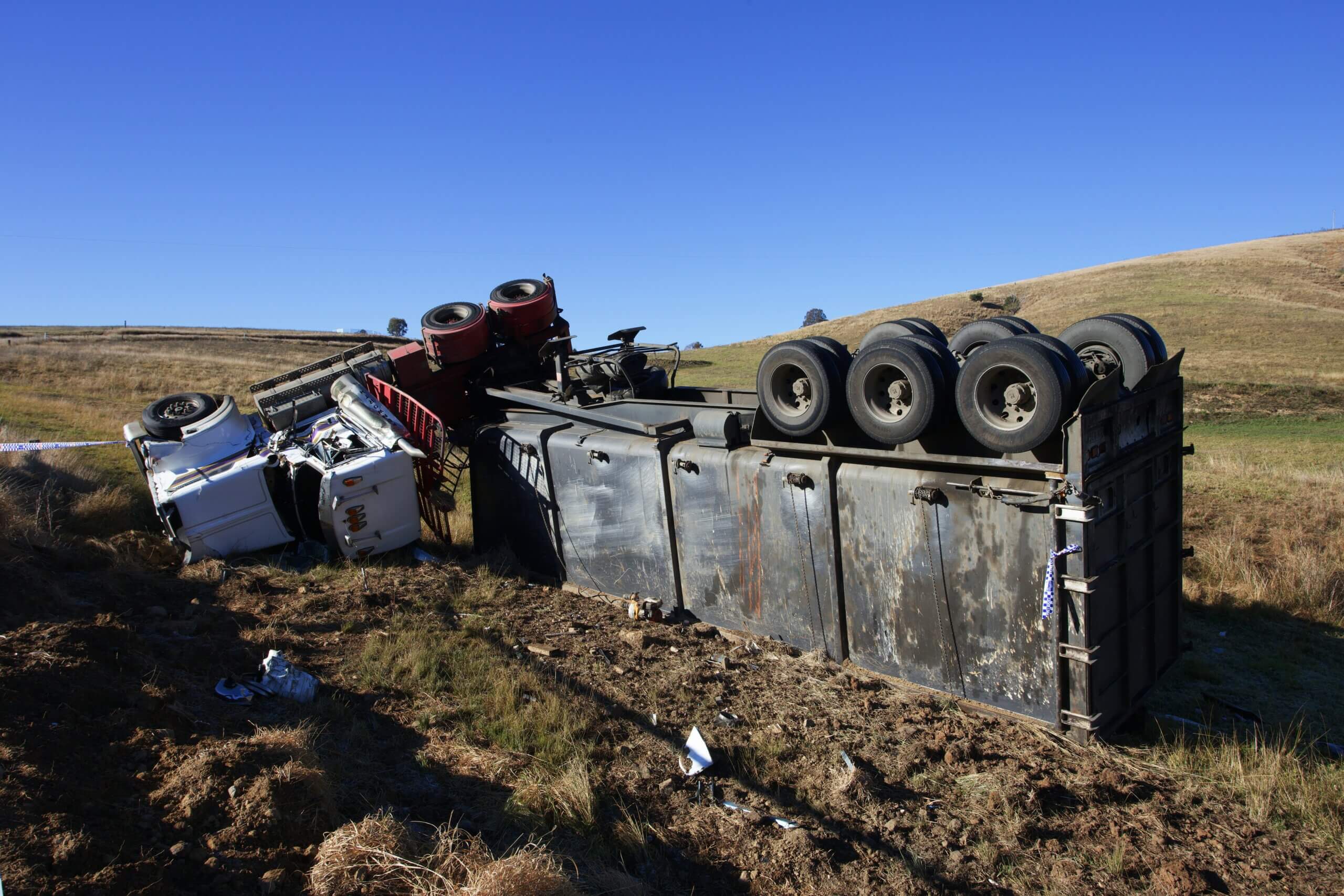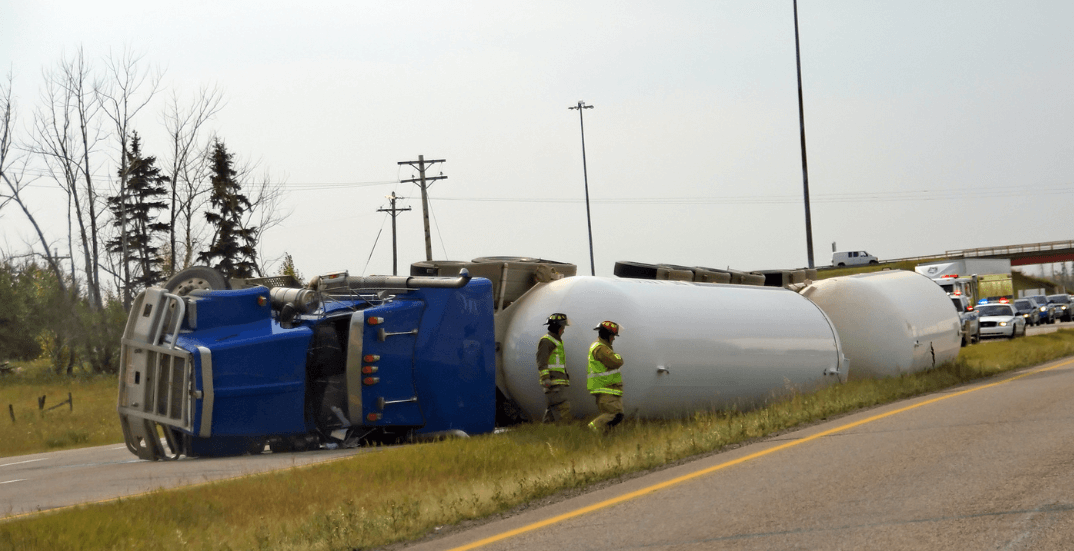
Partner at AKD Lawyers
Practice Areas: Personal Injury, Insurance Claims
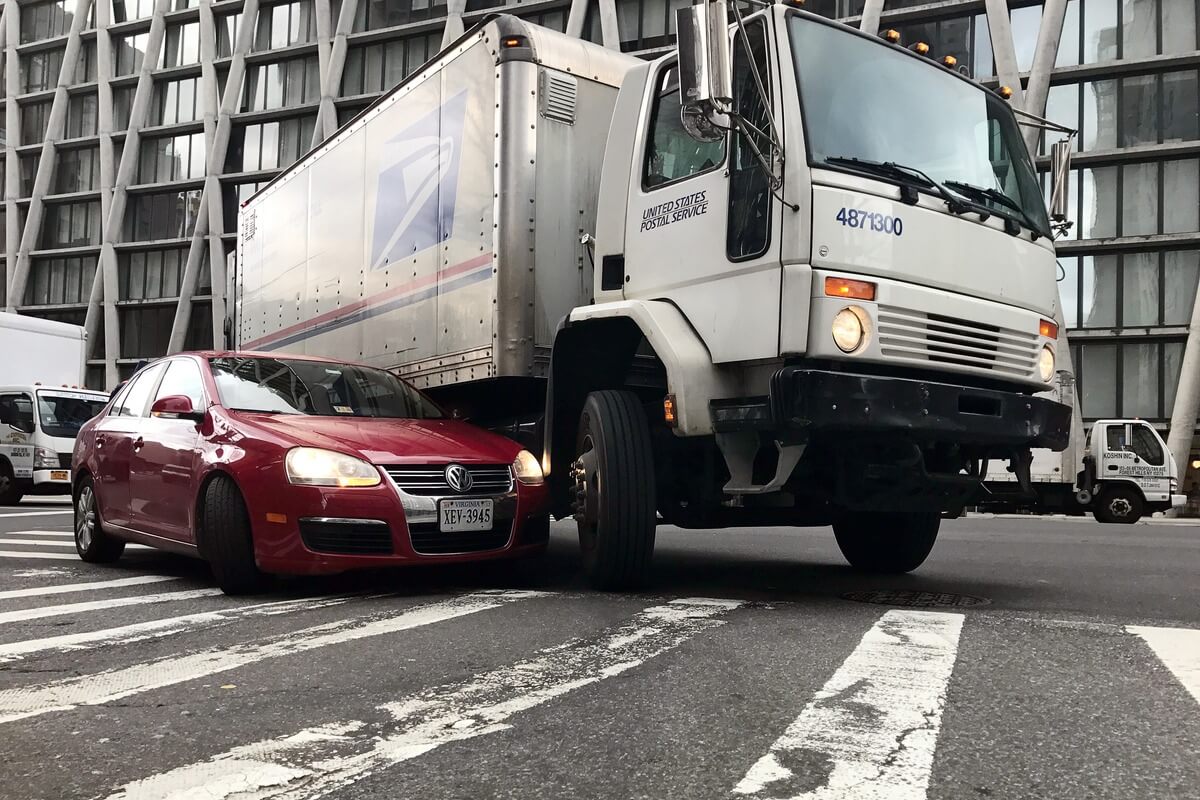
Determining truck accident liability in Louisiana isn’t always simple. When a crash involves a commercial truck, it’s rarely just the driver who may be responsible. Depending on the circumstances, the trucking company, cargo loaders, vehicle manufacturers, or even maintenance providers could all share in the blame. Each party has specific duties, and a failure can have detrimental effects on the road at any level.
Understanding who is liable in a truck accident is critical for anyone involved in such a case. Louisiana law allows for multiple parties to be held accountable, especially under its comparative fault system. This blog explores the key players that can be held responsible, how fault is determined, and what kind of evidence matters most when building a strong legal claim.
Who Can Be Held Responsible in a Truck Accident?
Truck Driver Liability
Truck drivers are often the first people looked at after a crash. If the driver was speeding, distracted, tired, or under the influence, they can be held directly responsible. Louisiana follows a negligence-based system, which means if a driver does not exercise reasonable caution, they may be held accountable.
Fatigue, in particular, is a common issue in truck crashes.
According to the FMCSA, driver fatigue contributes to roughly 13% of all large truck crashes. Hours-of-service violations are one of the leading causes.
If a driver violates safety rules, the fault may extend beyond just them and include their employer.
Trucking Company Responsibility
In many cases, the trucking company is also responsible. This can happen through something called “vicarious liability,” where employers are held accountable for the actions of their employees.
Companies may also be at fault for:
- Poor hiring practices
- Inadequate training
- Forcing drivers to work unsafe hours
- Skipping regular truck maintenance
If the company owns the truck and controls the work schedule, its responsibility in a crash grows stronger.
Cargo Loading Company
When cargo shifts or spills, the truck can overturn or crash. If the freight company didn’t load the cargo properly or failed to secure it, it could be held liable.
Improperly secured loads can shift in transit, causing jackknife accidents or rollovers. The loading crew or freight company may be held responsible if this contributed to the crash.
Truck Manufacturer or Parts Supplier
Sometimes, the problem lies with the truck itself. Brake failure, blown tires, or engine problems may point to manufacturing defects. If a faulty part caused the crash, the truck maker or parts supplier could be responsible.
Government or Maintenance Contractors
Local or state governments may be partly at fault if poor road design, broken signage, or construction negligence contributed to the accident. Similarly, if a maintenance company fails to repair known issues, it might also be liable.
What Happens in a No-Contact Truck Accident?
A no-contact truck accident occurs when a driver crashes because of a truck’s actions, even though the vehicles never actually hit. For example, if a car swerves into your lane and forces you off the road, the truck’s driver can still be held responsible.
No-contact accidents may still hold the truck driver or company liable if their actions caused another vehicle to swerve, brake abruptly, or crash—even if there was no direct collision.
These cases rely heavily on witness testimony, surveillance, or dashcam footage to prove what really happened.
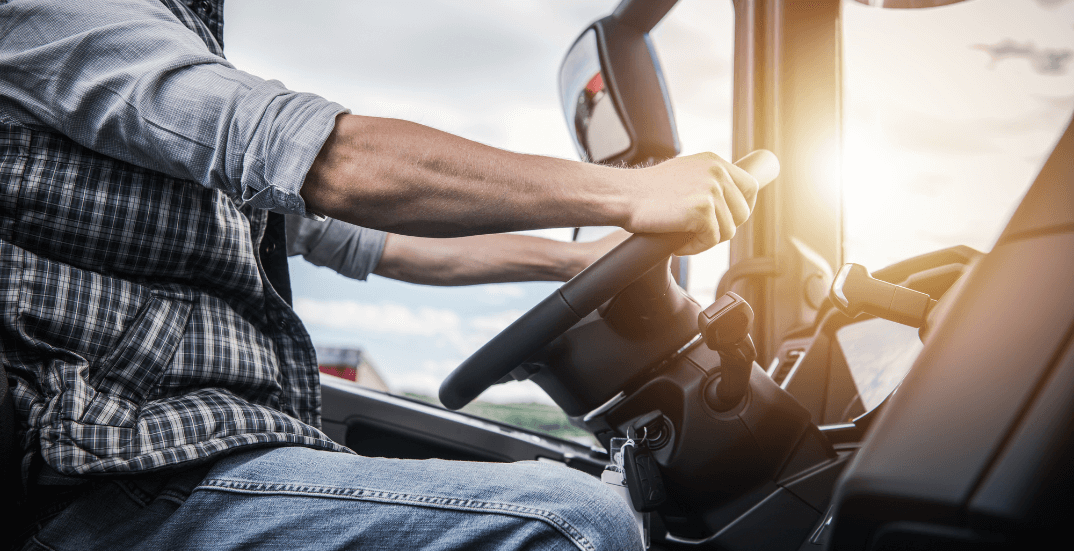
Shared Liability in Louisiana Truck Accidents
Louisiana follows a comparative fault system, which means liability can be shared among multiple parties.
Under Louisiana’s comparative fault system (La. Civ. Code art. 2323), each party involved in a truck percentage of fault can be attributed to an accident. Even if you’re partially to blame, you may still be entitled to compensation.
This law allows injured people to collect damages, even if they’re partly responsible. For instance, if you’ve found 20% at fault, you can still recover 80% of your total damages from other liable parties.
Federal and State Laws That Affect Liability
The Federal Motor Carrier Safety Administration (FMCSA) has federal regulations that truck drivers and businesses must abide by. Among these rules are:
- Limits on driving hours (Hours of Service)
- Drug and alcohol testing
- Maintenance requirements
- Keeping logbooks
Breaking these rules can help prove fault in a crash.
In cases where third-party maintenance providers failed to inspect or repair critical components, they too can face liability claims.
In Louisiana, local laws work alongside federal rules to determine fault and responsibility. Under the Louisiana Civil Code, drivers must operate their vehicles with reasonable care.

The Role of Evidence in Proving Fault
Establishing liability requires strong, reliable evidence. After a crash, investigators will often gather:
- Truck black box data (speed, braking, sudden stops)
- Maintenance logs
- Driver employment records
- Cargo loading documents
- Dashcam or traffic camera footage
- Eyewitness accounts
The credibility and accuracy of this evidence are fundamental in determining whether the ‘Sudden Emergency’ doctrine applies.
This evidence helps paint a clear picture of what happened and who is legally responsible.
Who May Be Liable? A Quick Comparison
|
Party Involved |
Common Liabilities |
Evidence Often Required |
| Truck Driver | Speeding, distracted driving, fatigue | Dashcam, logbooks, toxicology reports |
| Trucking Company | Poor hiring, schedule pressure, negligent supervision | Employment records, internal memos |
| Cargo Loaders | Overloading, uneven cargo, unsecured freight | Load manifests, weigh station tickets |
| Parts Manufacturer | Defective brakes, tire blowouts | Product recall data, expert inspections |
| Maintenance Contractor | Failed inspections, skipped repairs | Service logs, contracts, inspection reports |
| Government Agency | Poor road design, lack of signage | Roadwork reports, traffic studies |
Frequently Asked Questions
Can multiple parties be held liable in a truck accident?
Yes. Liability can be split between the driver, trucking company, cargo loaders, and others based on their role in the accident.
What if the truck didn’t hit my car but caused me to crash?
This is known as a no-contact accident. If the truck’s actions force you to react and crash, the driver or company may still be liable.
Is the trucking company always responsible for its driver’s actions?
Often, yes—under vicarious liability. However, if the driver was acting outside their scope of employment, the company may contest liability.
What role does black box data play in determining fault?
The truck’s black box records speed, braking, and driver actions before the crash. It can be key evidence in proving negligence.
Who’s liable if cargo shifts and causes the truck to crash?
The loading crew or freight company may be liable if the cargo was not secured properly, contributing to the accident.
Conclusion: Know Where You Stand in a Truck Accident Claim
Liability in a truck accident isn’t always straightforward. Whether it’s the truck driver, their employer, a parts manufacturer, or another third party, understanding who may be responsible is essential to building a strong claim. Evidence plays a critical role, and Louisiana’s comparative fault law means your case could still be valid even if you’re partially at fault.
If you’ve been involved in a truck accident and aren’t sure who’s responsible, Contact Alvendia, Kelly & Demarest Law Firm today to schedule your free consultation and learn how they can help you move forward.
Categories

In 2003, after being dissatisfied with the quality of legal care for victims of car accidents, Roderick ‘Rico’ Alvendia sought to establish a new firm focused on providing high-quality legal services to aid injured victims and their families. J. Bart Kelly, sharing Rico’s passion for upholding justice, joined the firm later that year, and established a partnership.

